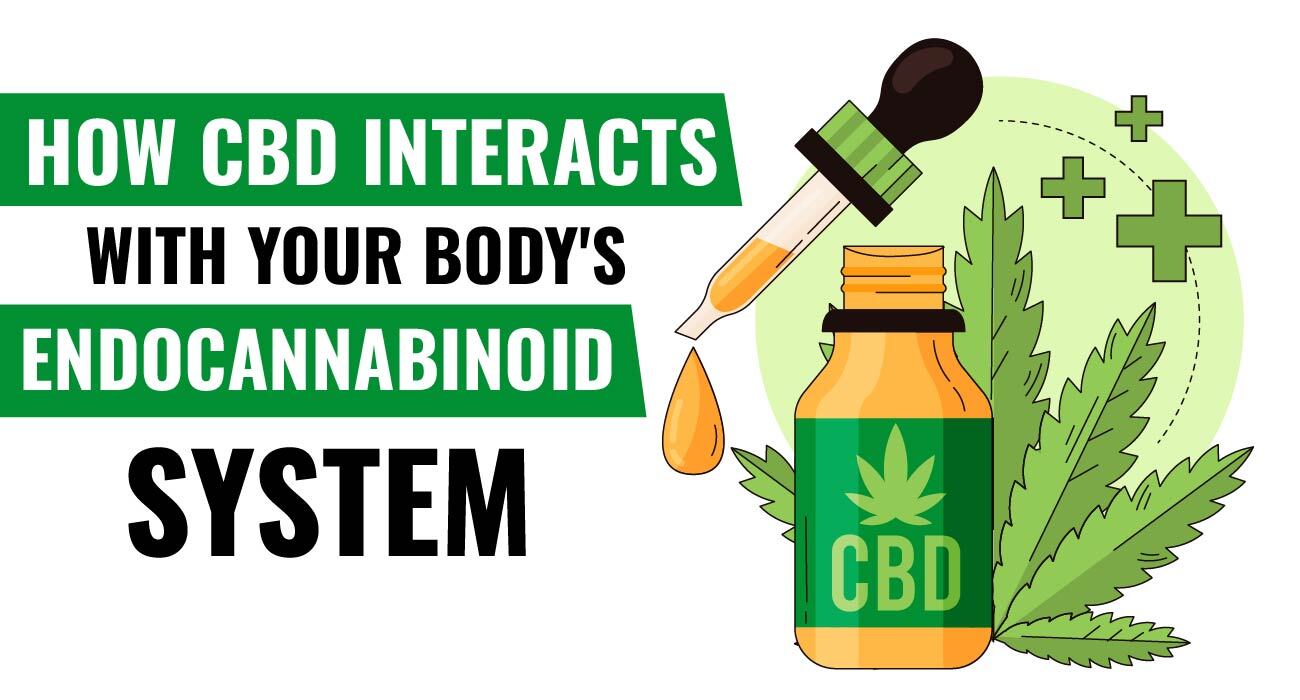Introduction
Ever wonder what really goes on with the action of CBD in your body? Testimony to its bill lays an interesting system indeed, named the endocannabinoid system (ECS). In this segment, we peek into a bit deeper CBD's interactions with the ECS, all in a bid to shed a bit more light on the mystery.
Exploring the Endocannabinoid System
The ECS is super complex in that it is a system composed of receptors, enzymes, and endocannabinoids spread throughout the body. It mainly serves to aid in the rectitude of the different physiological processes in the body, among them being mood, appetite, sleep, pain perception, and immune response. In essence, the ECS is the body's very own internal regulating system.
Understanding CBD's Role:
CBD is indeed one of the phytocannabinoids found in the cannabis plant. It simply does not intoxicate, unlike the other more popular cannabinoids, including that of THC. That is to say, instead of what CBD does with the ECS, being more of a suppositive job, it brings about partial balancing in all of the individual processes within the body.
CBD and Receptor Modulation:
The ways through which CBD works in the body through the endocannabinoid system is by synchronizing the activity of the receptors associated with the cannabinoids, and often called CB1 and CB2 receptors. The receptors in the body are all over in main locations that are associated with CB1 receptors, which is in the central nervous system and mainly located in immune and peripheral tissues.
CBD affects these receptors, and ways it helps in applying alteration in several physiological processes include the manners in which pain is perceived, mood and inflammatory responses, and even appetite. Last but certainly not least, CBD can help support balanced ECS function by modulating receptor activity, thus providing a variety of potential therapeutic benefits.
CBD and Enzyme Inhibition
It also inhibits the activity of enzymes dissociated in the breakdown of endocannabinoids such as anandamide. By so doing, it, therefore, manages to prolong the effects of endocannabinoids, enhance their overall therapeutic effect, and as a result, bring about balance within the ECS.
The Importance of Balance
Healthy or sound ECS balance implies a healthy or sound state in one's body. When off-balance occurs, it results in ECS dysregulation and could possibly let down certain systems, bringing about various health issues right from chronic issues in pain and inflammation to certain others such as neurological problems, mood problems, and even autoimmune conditions. In supporting the ECS through CBD, ECS balance is re-established, reducing the symptoms associated with ECS.
The Bottom Line
Normally, the endocannabinoid system is a participant in the critical regulations of many physiological processes taking place within the body. CBD is one of the hopeful tools used in the regulation of ECS functions to attain internal balance. CBD controls receptor activity and controls the function of the enzyme as well, in a way of balancing one's internal body environment and sustaining it as such, where from a myriad of ill-health conditions, therapeutic relief can be achieved. Explorers with a passion for the subject and who are ready to share their adventures with readers are welcome to contribute to our Write for Us CBD section. So, keep learning more on this captivating relationship between CBD and your endocannabinoid system into ways that continue to open the doors for new opportunities to be healthy.

